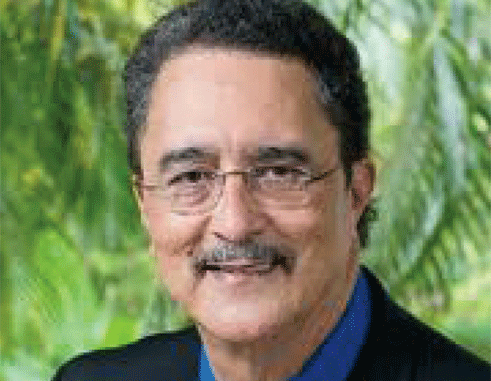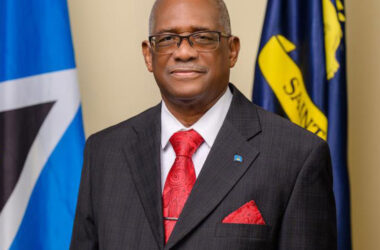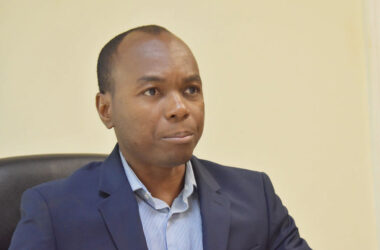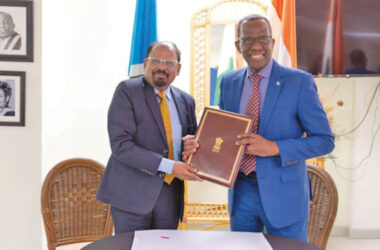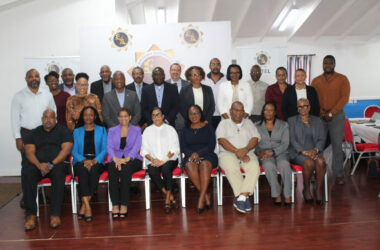M.P.s Fingers Public Servants.
CORRUPTION involving public officials appears to be a major issue in Saint Lucia, resulting in the passage of a bill in the House of Assembly last Tuesday to hold public officials more accountable for their actions.
While debating the Public Procurement and Asset Disposal Bill on Tuesday, some parliamentarians expressed concern that their reputations were being sullied as a result of the alleged wrongdoings of some public servants.
Prime Minister Dr. Kenny Anthony told the House that while he had no factual evidence to support his claim of “rampant” corruption in the country, the problem was a major concern.
“One of the diseases in this country is that we do not accept and realize that corruption is rampant and rife in the private sector and public,” Dr. Anthony said, “Quite often the problems arise from persons who are in the public domain who seek to influence government processes. But it’s convenient to single out ministers and single out politicians.”
Despite not giving any specific instances where the alleged acts of corruption would have transpired, the Prime Minister spoke emphatically on the subject, calling for a serious debate about infelicities in public office.
‘That’s the issue in this country – always politicians to be blamed but never where the sources of the corruption come from,” the Prime Minister explained. “Of course, the fact of the matter is that if you are in public office, there’s a higher duty of care because you are a trustee of the people. But let’s not pretend that we don’t have a problem in our society. It is everywhere and it is rampant. Let’s speak openly about these issues and about these problems rather than the usual identifying politicians as the persons to be blamed.”
Even Minister for Commerce, Business Development, Investment and Consumer Affairs, Emma Hippolyte, threw her support behind the bill in question which seeks to strengthen current legislation, highlighting the “great emphasis” contained in the bill on the role of civil servants who administer the procurement process. She also called for the activation of a key committee that seeks to hold public servants accountable for their actions.
“I want to remind Members that it is our responsibility to ensure that this Public Accounts Committee (PAC) is activated,” Hippolyte said. “We are all correct (that) as politicians we are held accountable by our constituents every day. We don’t have to wait until elections. They meet us and question us in terms of our actions.”
The Commerce Minister said the Public Accounts Committee has remained in “a comatose state” and called on both sides of the House to activate it “so that we can have public hearings and that our civil servants could be held accountable for their actions.”
Former Prime Minister Stephenson King also pointed the accusatory finger at public servants. However, he said politicians are not always the ones to be blamed for corruptive practices, differing somewhat from the sentiments of both Dr. Anthony and Hippolyte.
“In many instances, the corruption in government isn’t committed by politicians,” King said. “In many instances, the corruption is committed by public officers. I say this with no disrespect to public officers, and therefore, for some reason or another, politicians are seen as the corrupt ones.”
King added that as a result many pieces of legislation are being designed by international and regional organizations with “a very deliberate attempt to remove that authority and responsibility from politicians and to place it in the hands of public officers through committee after committee after committee.”
The Public Procurement and Asset Disposal Bill dominated the four-hour-long session of Parliament, with lawmakers on both sides of the House voicing concerns either about its necessity or its future implications. However, it eventually went through committee stages and was passed.
Meanwhile, the Prime Minister extended an invitation to the opposition to be part of a special committee to pore over the bill’s contents should there be any considerations not captured in the bill.


